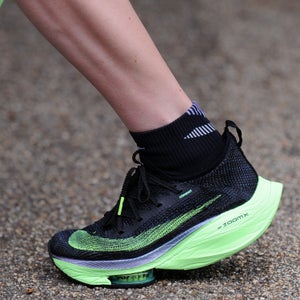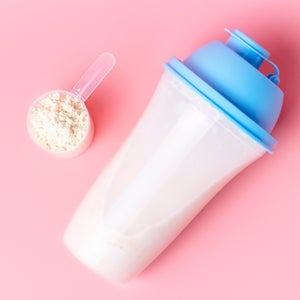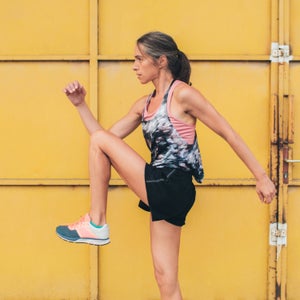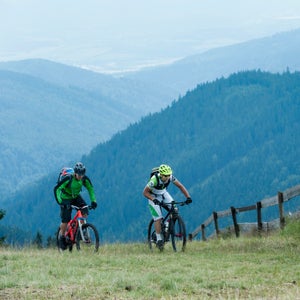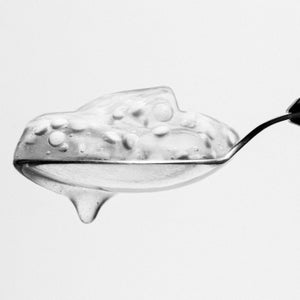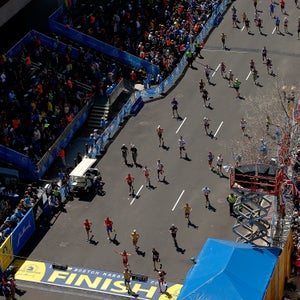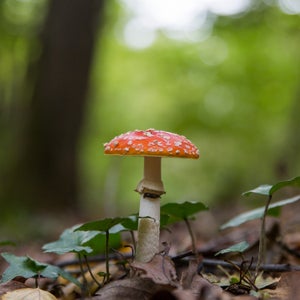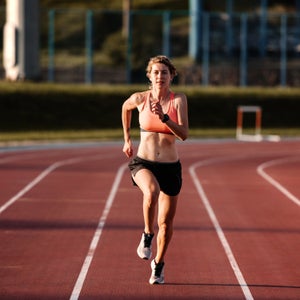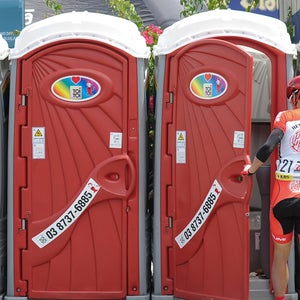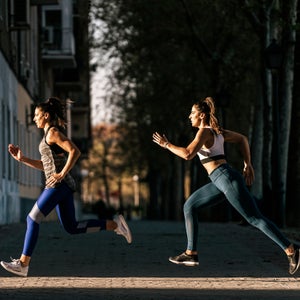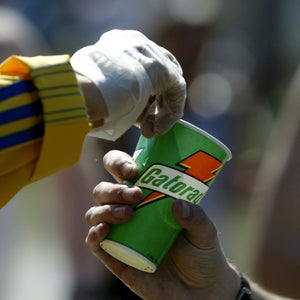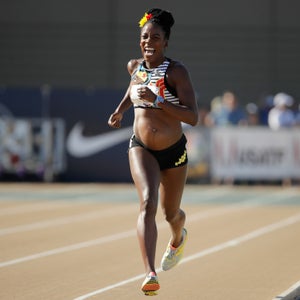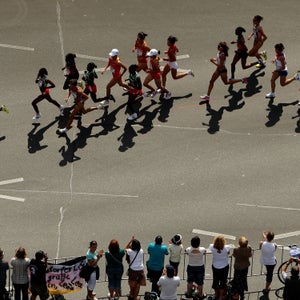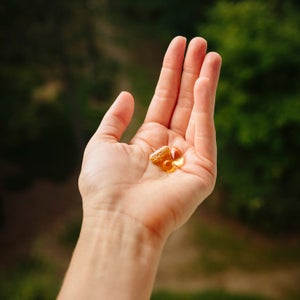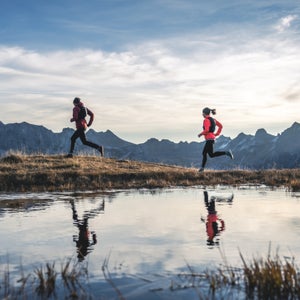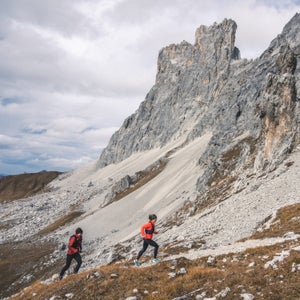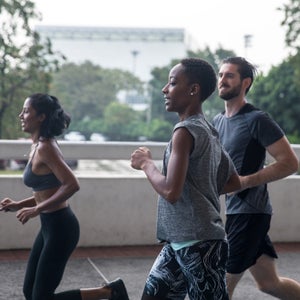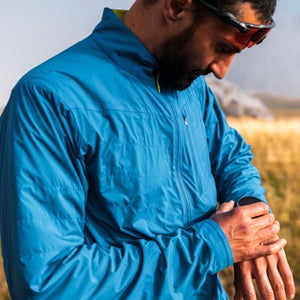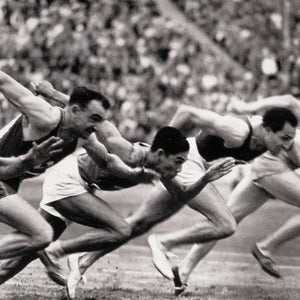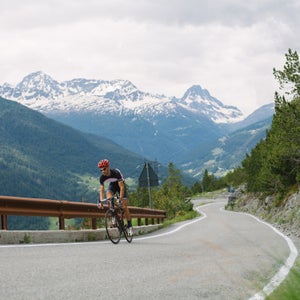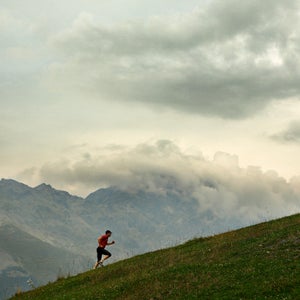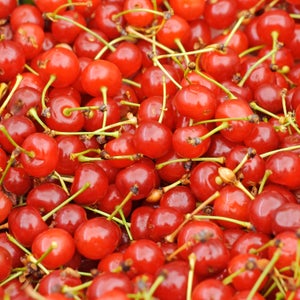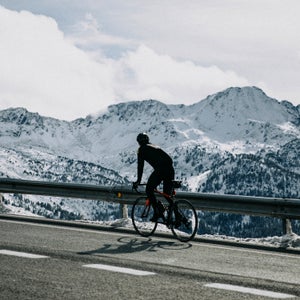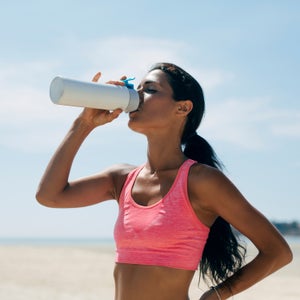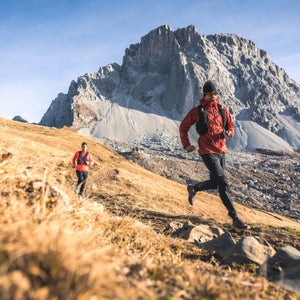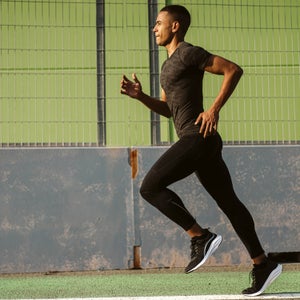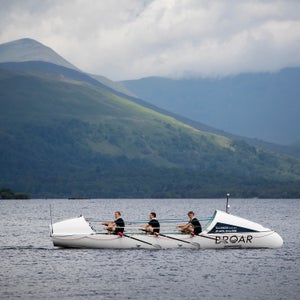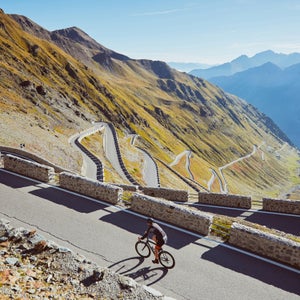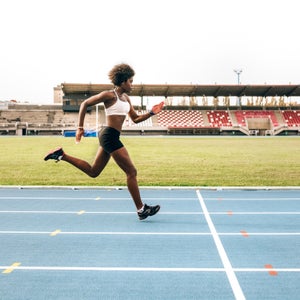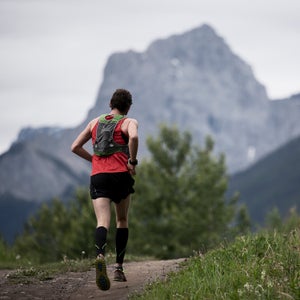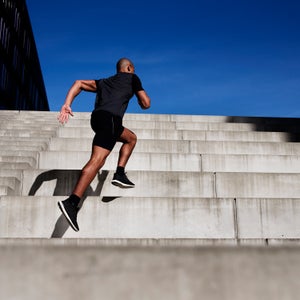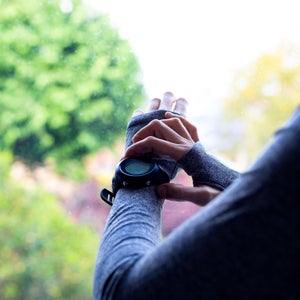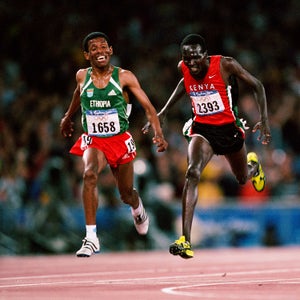

Alex Hutchinson
Find Me
Published
Scientists consider the latest spikes, individual variability, and the pros and cons of training in racing shoes
Scientists reconsider the assumption that it only helps strength and power athletes
Plyometrics can make you a more efficient runner, and it turns out they don’t need to be complicated or risky
Researchers look back on the lessons from 25 years of “live high, train low”
First there was altitude training. Then it was heat training. Now it’s… pollution training?
New data finds that endurance- or speed-oriented muscle fibers don’t determine how you respond to strength training
In-race data collected during the world championships sheds new light on how top endurance athletes avoid overheating
There’s plenty of hype about ways of boosting your respiratory system. Some—but not all—of it is real, according to a new review.
A new review weighs the evidence that strength and training adaptations vary across the phases of the menstrual cycle
Researchers use isotope tracers to accurately calculate calorie burn and other parameters during a grueling full-day ride
So-called “augmented feedback” can offer both information and motivation. A new study tries to separate the effects.
While trying to qualify for an English Channel crossing, swimmers swallowed ingestible thermometers. They got really cold.
Age may be just a number—but so is your weekly mileage
Has Maurten finally figured out how to harness the power of baking soda without paying the gastrointestinal price?
Double threshold days and lactate meters have propelled Jakob Ingebrigtsen and others to the top. Should the rest of us follow suit?
Researchers test the assumption that top athletes are more sensitive to internal cues, with surprising results
A new study tests the idea that, with the right building blocks, connective tissue can repair itself after all
A big-data analysis of Strava training logs estimates the slowdown for marathoners who miss a week or more
A new model breaks down the ability to fight through adversity into its constituent parts
Army researchers assess the evidence on what makes you stronger, and speculate about new approaches that might work even better
A head-to-head lab showdown finds that power and efficiency depend on your preferred running surface
Cautionary tales from the official journal of the Wilderness Medical Society
Moving from long to short efforts during a workout maximizes the training stimulus
A selection of recent titles to keep you warm by the fire
The downside of veggies, the upside of emptying your colon, and more
New research finds that, all else being equal, runners don’t have more gastrointestinal problems than cyclists
Research explores the differences between active and inactive twins, and why such pairs are so rare
Replacing lost salt is a pillar of sports nutrition, but new research suggests more isn’t always better
Researchers in Japan try to figure out which miles matter most for long-distance runners
Elite running coaches weigh in on what it means to be talented and how they predict who will run fastest
A pair of experiments find that mice choose to run less after taking antibiotics, even though their endurance is unchanged
New data shows that, unlike a car, you can’t perform well with a half-full fuel tank
New data outlines how much they run, how long it takes to resume training after giving birth, and how well they return to competition
The unending search for a competitive edge in sports has a cost. It’s called the Red Queen effect.
Runners make bigger improvements following a flexible workout schedule rather than sticking with a predetermined one
A new twist in the old debate about caffeine's performance-enhancing powers suggests it helps maintain oxygen levels in the blood
Women are said to be 10 to 12 percent slower than men across distances, but a new analysis finds narrower gaps for sprinters
There’s encouraging new evidence on artery stiffening and the risks of too much exercise
A new study aims to resolve long-standing debates about how much drafting helps runners, and finds that even back-of-the-packers save meaningful time
Mounting evidence suggests that women respond differently to endurance training after menopause. Could donating blood be the solution?
A deep dive into the sports science literature shows why you should be wary of results that seem too good to be true
A small Minnesota company believes it has developed the future of fitness tech. Now it has to teach the rest of us how to use it.
Here’s what the science says about making it to the top as quickly and efficiently as possible
A new study assesses how childbirth altered the career trajectories of the fastest marathoners in history, with encouraging results
New research explores whether the performance-boosting effects of positive self-talk can be attributed to more than just the absence of negativity
Ten great reads for the beach (between workouts) or the airport (between flight delays)
A team of Canadian Olympic sports psychologists tries to nail down the intangible “it”
A new study compares active and passive interval recoveries, but physiology isn’t the only factor to consider
The algorithms used to estimate your training load have some fundamental flaws, scientists say
Most people run the same pace regardless of how far they’re running, according to new research
How well you can see your surroundings matters, but subtle gait changes also burn more energy
Like the two-hour marathon chase, next month’s assault on the seven- and eight-hour Ironman barriers will require some rule-bending
Runners smack the ground harder—but get injured less—in more cushioned shoes. New research explains why.
Scientists studying mice found that their competitive efforts depended on their social ranking rather than their strength or speed
An analysis of power data from pro cyclists quantifies the effects of hot and cold air temperatures on performance
You can’t run fast without using your arms—or can you?
Despite years of research, the athletic potential of Montmorency cherries isn’t as sweet as it sounds
An analysis of pro cycling data finds that altitude-born South American riders race better at high altitudes than their lowland-born rivals
The oral health risks associated with heavy sports-drink use seem clear, but the evidence remains murky
New findings suggest that results from large training studies can’t be generalized to individuals
A new study of identical twins shows that, despite their reputation as inert rubber bands, Achilles tendons adapt to exercise
New research explores how physical and mental factors affect how athletes raise their game when it counts
A popular training rule for endurance athletes faces scrutiny from skeptical scientists
A new study gathers insights from 71 trans-ocean rowers who (mostly) made it to the other side
A new study grapples with a familiar question: How much of athletic success is physical, and how much is mental?
We tend to assume that a nice-looking stride is a fast one, but maybe looking good is its own reward
Scientists have figured out how to make simple exoskeletons that improve running efficiency. Should track and field authorities be worried?
Different workout styles can get you equally fit, but they affect your body differently—which suggests that you should mix it up
A new way of classifying athletes aims to quantify the thresholds that distinguish recreational athletes from their trained, highly trained, and elite brethren
Our Sweat Science columnist spent two months measuring his blood sugar around the clock. Here’s what he found.
The latest “exercise in a bottle” study finds that plasma from exercising mice makes sedentary mice smarter. But don’t throw out your workout gear just yet.
Over the past decade, research into compression sportswear has exploded. Here’s what the results reveal.
It’s time to break out the merino base layers and the heat-exchange breathing masks
A selection of (mostly) new titles for fans of science, endurance, fitness, and adventure
The genes that make some people vulnerable to a fatal heart stoppage may be the same ones that give them an athletic edge, researchers suggest
Sports medicine physicians are rethinking the relationship between damage to your body and how it feels
As skimo prepares for its Olympic debut in 2026, sports scientists explore the sport’s demands
Your GPS watch and other gadgets are great at describing training, but prescribing it is a harder challenge
A mathematical model explains how endurance and speed come together to determine who will win a last-lap sprint
A new study quantifies the effects of running on technical terrain
